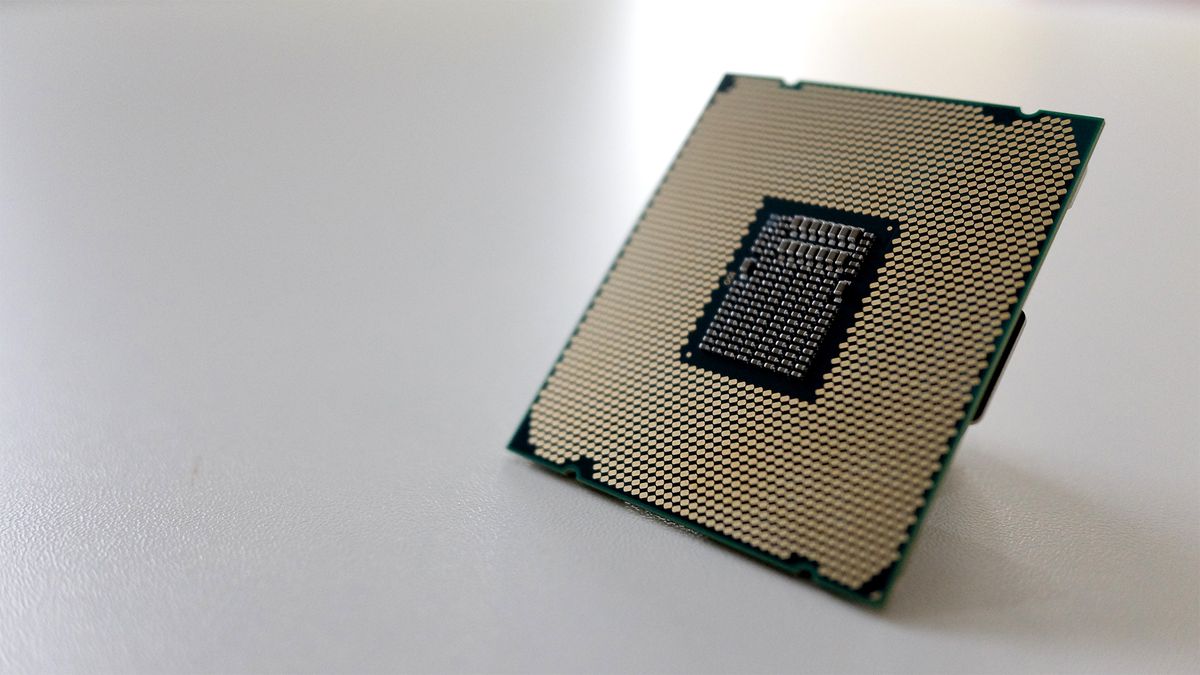AMD have a vPro alternative as a part of Ryzen Pro. Did Intel even mention it or was it totally glossed over?
Both AMD and Intel have built in malware protection in their pro line of processors. What Intel was demonstrating was a new feature only in Tigerlake pro processors they call CET which prevents control flow hijacking. It still needs to be supported at least at the OS level though and Microsoft has support for it in the build pipeline, not sure when it will hit the mainline release though. The funny thing is that because 10 nm is such a mess, this appears to be a mobile only feature for now as the Xeon line won't have this feature in the upcoming Icelake release and will probably not be seen in the Xeon line until Sapphire Rapids.
Here's a paper covering what it does and does not protect against: https://i.blackhat.com/asia-19/Thu-...sisted-Control-Flow-Integrity-Enforcement.pdf
I'm 100% sure AMD will have an equivalent soon, very likely in Zen4 and it will be ubiquitous throughout their pro/enterprise tier processors.
Intel also glossed over the fact that their AMT is absolutely riddled with security holes and bugs.
This is probably a much bigger deal than CET.





